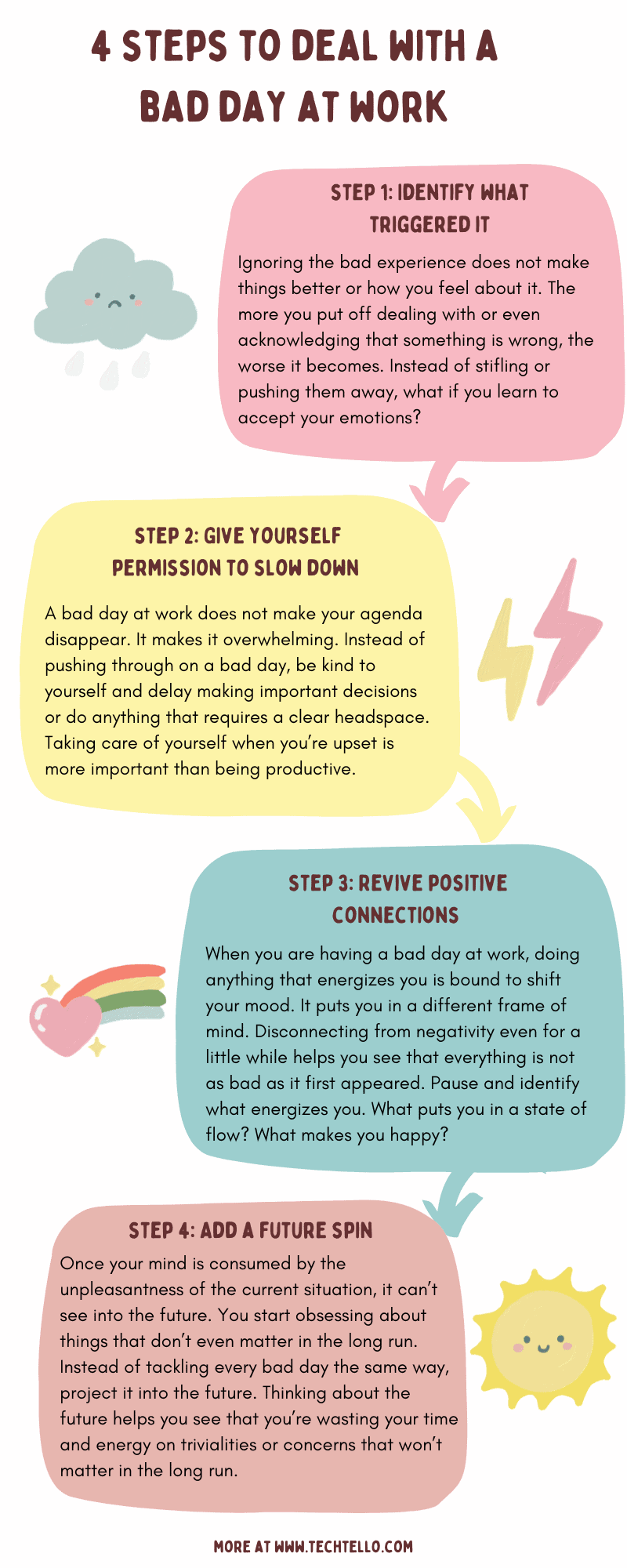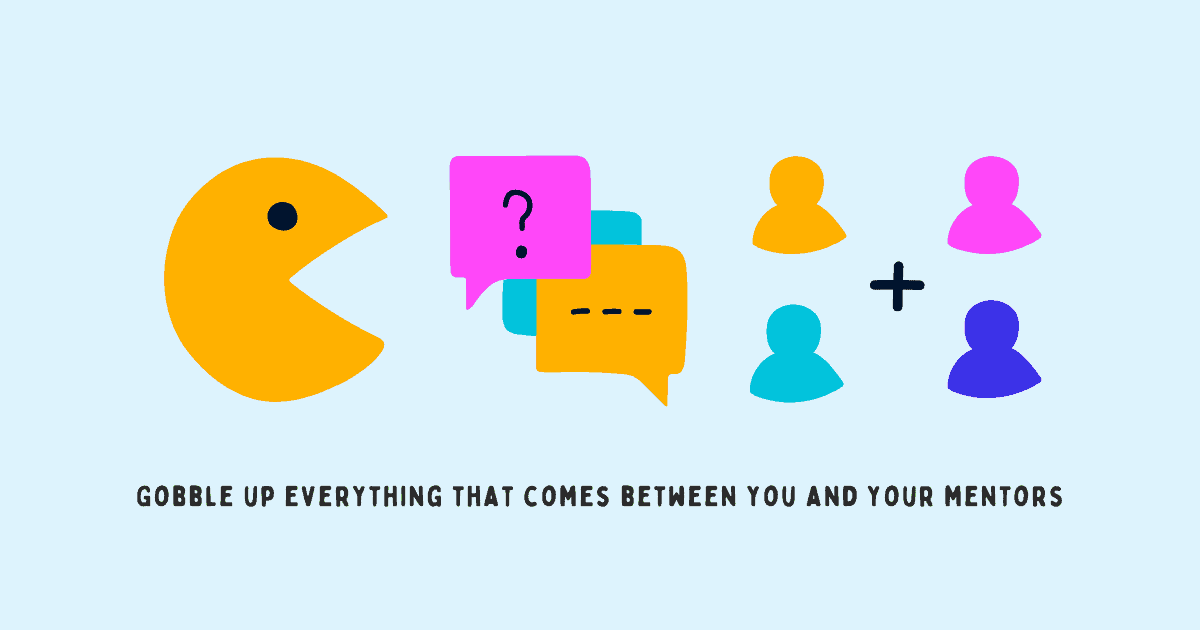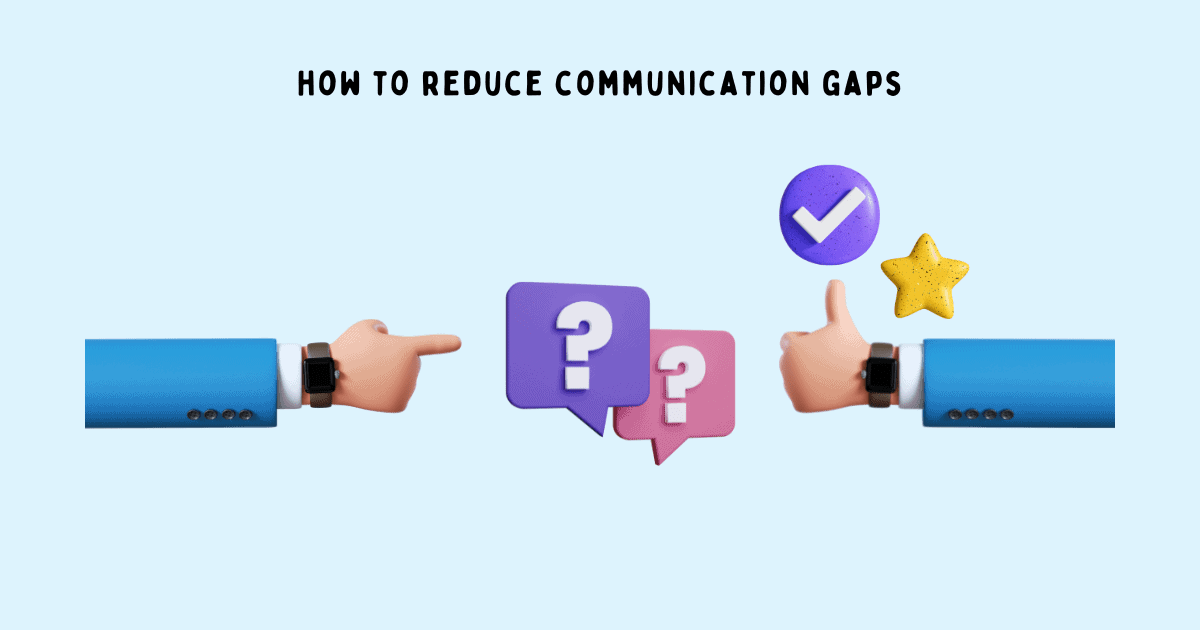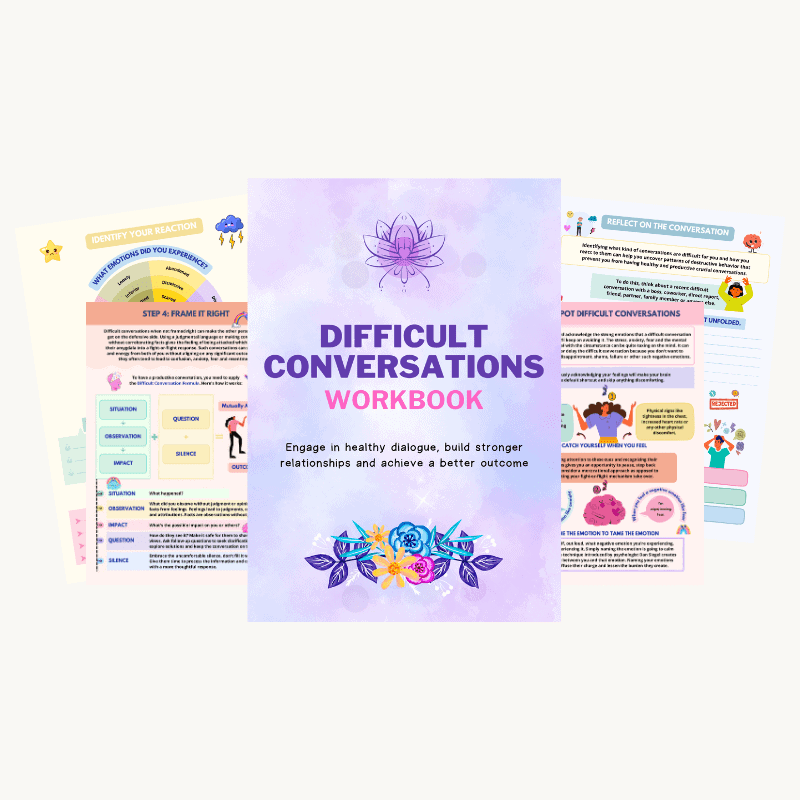How to Deal With a Bad Day at Work
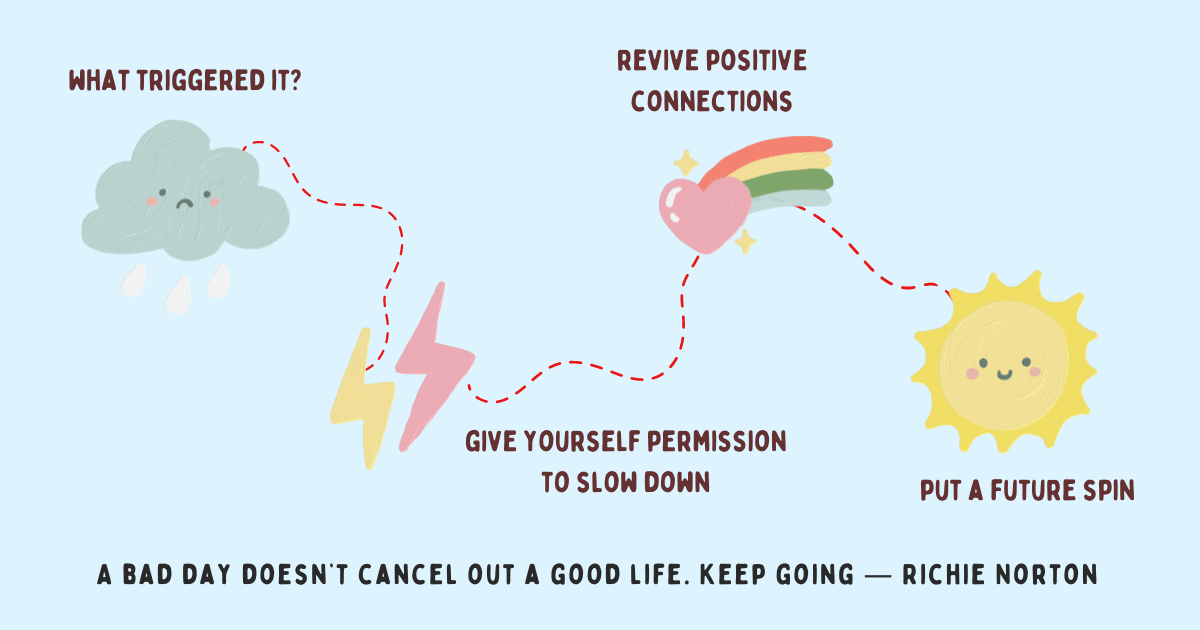
When you’re having a bad day at work, your mind spirals into all sad things. It’s like someone dimmed the light around you and everything appears dark and gloomy.
You’re more likely to lose your nerve or react poorly to even minor inconveniences. It may appear that others are out to get you or point out your flaws and inconsistencies. Healthy disagreements turn into personal attacks. Minor conflicts into major issues. Defeatist behavior kicks in which magnifies those feelings as your mind drifts to all things negative while positivity takes a back seat.
You are just one mistake, one irregularity, one expectation mismatch away from feeling like your whole life is falling apart. You start questioning all your life choices—even though they may be disconnected.
The more you think about how unfair or bad your situation is, the worse you feel. Often your mind isn’t tuned to shift gears between work and home, so when work sucks, all that stress, anxiety and unhappiness from work creeps into your personal life too. You can’t just shake off a bad day at work and put on a happy face at home. You’re human, not a robot.
Where the head goes, the body follows. Perception precedes action. Right action follows the right perspective.
― Ryan Holiday, The Obstacle Is the Way
While it is difficult for you to look for the bright side of things when your mind is stuffed with negativity, there are specific things you must do to prevent a bad day from turning into a bad week.
4 steps to deal with a bad day at work
Step 1: Identify what triggered it
When you’re having a bad day at work, strong emotions hijack your mind and body. You may feel tightness in your chest, increased heartbeat, sweaty palms, decreased appetite, or other such effects. What you feel in your body affects your mind too—whatever triggered those negative emotions plays in your mind like a tape on repeat.
Years of learning to ignore and avoid bad things can make confrontation appear risky and scary. But ignoring this bad experience does not make things better or how you feel about it. The more you put off dealing with or even acknowledging that something is wrong, the worse it becomes. Psychologists call it emotional avoidance.
If we are holding back from any part of our experience, if our heart shuts out any part of who we are and what we feel, we are fueling the fears and feelings of separation that sustain the trance of unworthiness…Trapped in this trance, we are unable to perceive the truth of who we really are.
– Tara Brach, Radical Acceptance
Noam Shpancer, professor of psychology at Otterbein University and a clinical psychologist specializing in the treatment of anxiety disorders says “Attempts at avoiding negative emotions are usually futile. Telling yourself that a certain emotion is intolerable or dangerous traps you in constant vigilance regarding the very thing you’re trying to avoid. You become hyper-vigilant about any possibility of this feeling arising. The fear of the impending negative experience becomes a negative experience in itself.”
Instead of stifling or pushing them away, what if you learn to accept your emotions? Accepting does not make them true. It just allows your emotions to be what they are without judging them or trying to change them. Seeing the emotion for what it is without attempting to get rid of it shifts you from emotional avoidance towards emotional acceptance.
Noam calls emotional acceptance a far better strategy than avoidance because accepting, acknowledging, and absorbing them makes you spend less energy in pushing the emotion away and instead pursue the behaviors that are aligned with your goals and values. He says “Emotions, when viewed as part of a spectrum of available sources of information, are a bit like the weather report. They are important to know, consider, and understand, but they are not necessarily the overriding factor in your life plans. When the weather is bad (not to your liking), it doesn’t mean you have to deny it, focus all your attention on it, or cancel your plans because of it. What you need to do is accept the weather and adjust your plans accordingly.”
Accepting the emotion allows you to turn rumination into productivity, problem into a solution and an obstacle into an opportunity.
Self-Compassion Workbook
Cultivate kindness and strength in the face of difficulty and foster a new, more gentle and loving perspective on your struggles.
To do this,
- Reflect on what went wrong.
- Don’t blame anyone. Don’t complain. Identify what you can do next time to avoid it from happening again.
- If another person is the source of your misery, don’t take it personally. Someone else’s bad behavior does not reflect on who you’re as a person.
Step 2: Give yourself permission to slow down
A bad day at work does not make your agenda disappear. It makes it overwhelming. When your inner world is in turmoil, the future appears bleak. With less cognitive resources at hand, your mind can’t focus on all the work ahead of you—you struggle with simple tasks that would have otherwise been easy for you.
Most people in this situation either:
- Turn to self-criticism: they are too hard on themselves for not being able to do their best.
- Try to push on through: they force themselves to take action.
When you’re having a bad day at work, berating yourself about your inadequacies will only demotivate you further. It’s the good old carrot-and-stick approach that does not work. Also, telling yourself to quit stressing and get going can impact your mental health and personal well-being.
Kristin Neff suggests another path—one in which you stop judging and evaluating yourself altogether. Where you don’t need to label yourself as “good” or “bad” and simply accept yourself with an open heart. This path she suggests leads to self-compassion “Instead of mercilessly judging and criticizing yourself for various inadequacies or shortcomings, self-compassion means you are kind and understanding when confronted with personal failings. Instead of just ignoring your pain with a “stiff upper lip” mentality, you stop to tell yourself “this is really difficult right now,” how can I comfort and care for myself in this moment?”
Self-compassion is the ability to face your mistakes and failures with kindness and understanding without letting them define you or determine your worthiness. It’s having the same sense of warmth, empathy, and positive regard for yourself as you would have for another person when they are dealing with a difficult circumstance.
Research shows that:
- Self-compassion is strongly associated with emotional resilience and psychological well-being.
- It can curb the avoidance tendencies that arise with negative feelings.
- People who are self-compassionate have lower levels of depression and anxiety, are less likely to ruminate on negative thoughts and emotions or suppress them, show increased optimism, are able to take personal initiative, and are involved with more positive emotions like kindness, happiness, and connectedness.
Instead of pushing through on a bad day, be kind to yourself and delay making important decisions or do anything that requires a clear headspace. Taking care of yourself when you’re upset is more important than being productive.
Step 3: Revive positive connections
When you are having a bad day at work, doing anything that energizes you is bound to shift your mood. It puts you in a different frame of mind. Disconnecting from negativity even for a little while helps you see that everything is not as bad as it first appeared.
Victor Frankl, author of Man’s Search for Meaning famously said, “Between stimulus and response there is a space. In that space is our power to choose our response. In our response lies our growth and our freedom.”
Pause and identify what energizes you. What puts you in a state of flow? What makes you happy? It doesn’t have to be an agenda item or something on your list—just do anything that removes the burden of expectations; anything that makes you free.
The outcome of the activity won’t matter. What’s useful is how it will make you feel. A small positive action will break the negative cycle of rumination and replace it with positive connections. There will be a new sparkle of joy, a new sense of freedom. Your inner world will no longer be ruled by strong emotions—there will be a sense of calmness and peace.
To make the feeling last, think about your strengths and skills, your past achievements or anything you did well. Writing them down will replace the negative thoughts in your mind with positive behaviors and actions. You will be inspired to shift gears from destructive thoughts to constructive action.
You may still be disappointed by the events of the day, but that disappointment won’t lead to feelings of hopelessness and helplessness. You’ll be inspired to move forward instead of being pulled back by one bad event.
Step 4: Add a future spin
Work won’t be fun if everything goes as expected. It’s the ups and downs, highs and lows, good and bad that make it exciting. However, when you’re having a bad day at work, it’s easy to be sucked into negativity.
Once your mind is consumed by the unpleasantness of the current situation, it can’t see into the future. You start obsessing about things that don’t even matter in the long run. Being too occupied with making the wrong right, you try to fix problems that don’t deserve your time and attention.
Instead of tackling every bad day the same way, project it into the future. Put a spin on your narrative by asking these questions:
- How does what happened today impact your goals?
- What will it mean to you a week, a month and a year down the line?
- Is it within your control? What can you do to prevent it from repeating again in the future?
Thinking about the future helps you see that you’re wasting your time and energy on trivialities or concerns that won’t matter in the long run. Even if it’s something that’s important to you, finding a solution is far more productive than sinking in anger and frustration.
Circle of Control Workbook
Let go of negativity and rumination by embracing things within your control.
Next time you have a bad day, don’t drown in misery. Treat it as an opportunity to connect with your emotions, take it slow, do something fun and re-evaluate your priorities.
A bad day doesn’t cancel out a good life. Keep going.
— Richie Norton
Summary
- When negativity kicks in at work, it overwhelms your mind and body. One bad day and it appears as if your whole life is falling apart.
- When work sucks, it affects your personal life too. Bad mood at work doesn’t end with work. It walks home with you.
- To avoid a bad day from ruining your entire week, start by enquiring what triggered it. Connect with your emotions and learn from them instead of ignoring or avoiding how you feel.
- Instead of trying to be productive even on a bad day, be kind and compassionate first. Work can wait.
- Create space for positivity by consciously opting to do something you enjoy. Even a small positive action will break the cycle of rumination and get you unstuck.
- View the situation by projecting it into the future. Does it seem tiny? Does it even deserve your attention?





